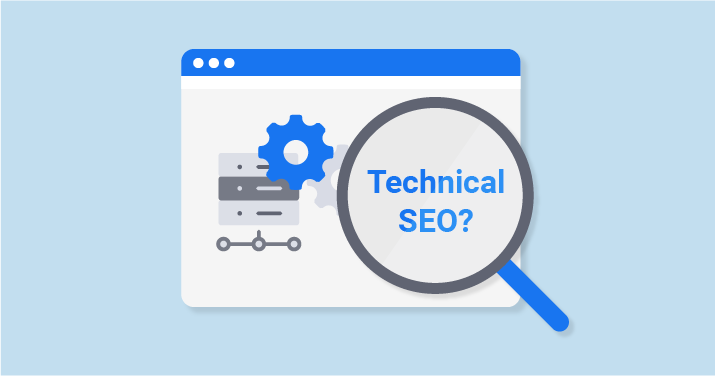While Google keeps making updates to its search engine algorithms, focusing your SEO strategy on one dimension is a competitive disadvantage. What is Off-Page SEO? What does it do?
Search Engine Optimization (SEO), known as the most effective and most affordable way of digital marketing, has become one of the basic strategies that businesses need to allocate their budgets and time to. Search engine optimization, which includes a wide variety of strategies in two main categories as Off-Page SEO and On-page SEO; It aims to attract quality traffic to websites from search engines such as Google, Bing, Yandex, Duck Duck Go.
What is Off-Page SEO?
Off-page SEO is an effort to improve your ranking in search engines by making use of external sources such as backlink, local SEO, PPC, social media. As the name suggests, it is performed “outside your web page”.
SEO strategies start from the inside out. First of all, on-page SEO components such as matching keywords, producing quality content and optimizing meta descriptions should be started, but if these components are not expanded with off-page SEO techniques over time, brand awareness will be limited.
Off-Page SEO; more link building and potential visitors; It focuses on getting them to refer you when talking about important keywords related to your niche on various digital channels.
It is ensured that backlinks are obtained in the right proportion with the content and link outputs on your website. This means that your site is a more secure site. As you will be a reliable site in the eyes of search engines, both your traffic and searh position will increase and your site will rank higher.
If you don’t take advantage of Off-Page SEO techniques, it can have negative effects on your site. Off-Page SEO, which is important for site image and popularity, is indispensable for websites.
What are the Differences Between On-Page and Off-Page SEO?
On-page SEO involves optimizing the HTML, internal links, keyword density and posting high quality content and images to improve the ranking of websites in SERP (search engine results pages).
Offering the opportunity to rank in the SERP for search queries specific to your business, on-page SEO is a digital marketing strategy that offers the best return on investment with long-term benefits. It helps websites grow and bring years of traffic.
For on-page SEO, you need to include the right topics in the plan to include the right keywords, while for off-page SEO, for example, you need to use social media and design a Conversion Funnel that will drive new leads to conversion.
Off-page SEO is social at its core. It is planned to be recognized and valued. It’s one of Google’s favorite things. If ignored, your site may be pushed lower in search results by competitors.
For on-page SEO, you can update your content as often as you want to make it better and more comprehensive. But off-page SEO is more difficult because you have less control over it. Getting other sites, people, and publications to link to and talk about your brand is definitely not easy.
On-page and off-page SEO should complement each other and try to choose between the two. Because both play a critical role in the success of a website.
Why is Off-Page SEO Important?
Organic traffic always depends on relevance. If your content is important, Google will already promote it. At this point, off-page SEO is privileged because of its potential to give your website a number of new entry points outside of search engines: Off-page SEO; It creates new paths to your content, allows your brand to start getting natural links, increases your visibility and drives relevant traffic to your site.
Of course, any SEO strategy is important as it serves to better position your site in search engines. The weight of off-page SEO; It is also due to the fact that search engines strengthen the site authority and reliability, which is one of the most critical ranking factors. Websites solidify their authority through different types of backlinks in the similar niche. Every backlink is counted as a positive vote by search engines, especially if the website it is on also has high authority.
Google takes into account not only the keywords you are targeting, but also other relevant keywords found in the content linking to your site. Off-page SEO is also important, as paying attention to such details helps your website rank faster.
Organic traffic always depends on relevance. If your content is important, Google will already promote it. At this point, off-page SEO is privileged because of its potential to give your website a number of new entry points outside of search engines: Off-page SEO; It creates new paths to your content, allows your brand to start getting natural links, increases your visibility and drives relevant traffic to your site.
Google takes into account not only the keywords you are targeting, but also other relevant keywords found in the content linking to your site. Off-page SEO is also important, as paying attention to such details helps your website rank faster.
How to Do Off-Page SEO?
If you are doing Off-Page SEO you should definitely not work with duplicate content. Content must be original and natural. Even if the shares are of high quality, they will not benefit you unless you provide useful information for the visitors.
Search engines always aim to provide accurate information to searchers, so we can say that being permanent is more important than being popular. Off-site SEO studies should be unique, natural and directly relevant to the industry.
Off-Page SEO Methods
Backlinks
Backlinks are one of the most popular off-page SEO techniques implemented by large numbers of websites peeking at each other’s rankings. A backlink is any link in a digital environment outside of your web page that directs a user to your content.
Backlink is one of the most important criteria Google considers when determining the relevance of a website and placing it higher among the top results. Because Google; If many reliable sources mention you, they think you deserve that trust.
Social Media
Social media is another important pillar of off-page SEO. Social posts that generate lots of clicks help increase traffic to the site and share a ton of links. You can use rewards and encourage customers to share reviews, comments, and recommendations for your brand while engaging with your audience meaningfully and measuredly.
Ads (PPC) – Do Ads Impact SEO?
The answer is yes!
Off-page SEO is powered by Twitter, Facebook, and LinkedIn ads called PPCs. Strong content promoted with PPC ads is an effective way to drive traffic to your site and generates lots of backlinks.
Apart from these, we can list the most effective Off-Page SEO tactics as follows:
- Competitor analysis for backlink
- Creating content on YouTube
- Posting high quality images and infographics on Pinterest
- Publishing content on Medium
- Publishing announcements and content about your company in reputable media outlets
- Gathering prominent expert opinions in one article (to get backlinks from each)
- Link agreement with sites with similar niches
- Affiliate marketing
- Offering significant discounts and gifts for referrals to your brand
- Contests and donations
- Feature your content in Email Newsletters
- Attending and hosting industry events
- Obtaining as many accreditations as possible
- Getting backlinks from associations, suppliers you work with
What Are External SEO Resources?
- Social media platforms (Facebook, Twitter, Google Plus, LinkedIn, Pinterest, Medium, Reddit etc.),
- Video sharing sites (YouTube, Dailymotion, Vimeo etc.),
- Websites that are similar and relevant to your site’s industry/category,
- News sites with constantly up-to-date and quality content
- Sites that publish in dictionary format
- Sites belonging to educational institutions with .EDU extension (University, High School, Primary School etc.)
- Sites belonging to government institutions with .GOV extension (Ministries, Foundations, Trade Unions etc.)
- Quality forums (Google Support Forums, Microsoft Support Forums, Samsung Support Forums, etc.)
- PDF sites (SlideShare, Issuu, Dropbox, 4Shared etc.)
- Image sharing sites (Flickr etc.)


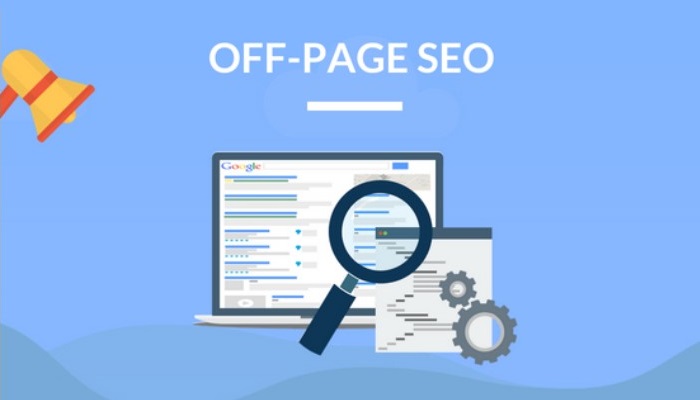


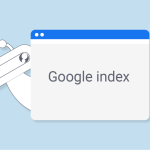



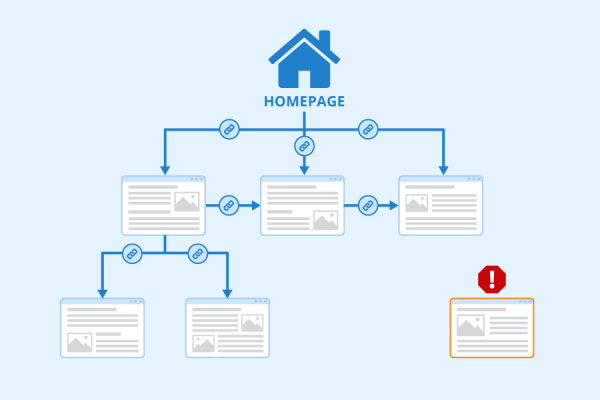
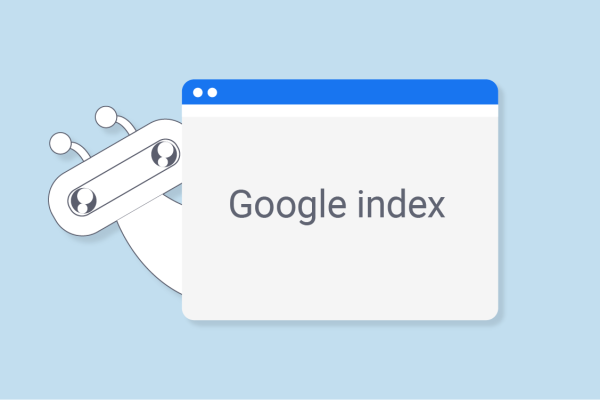



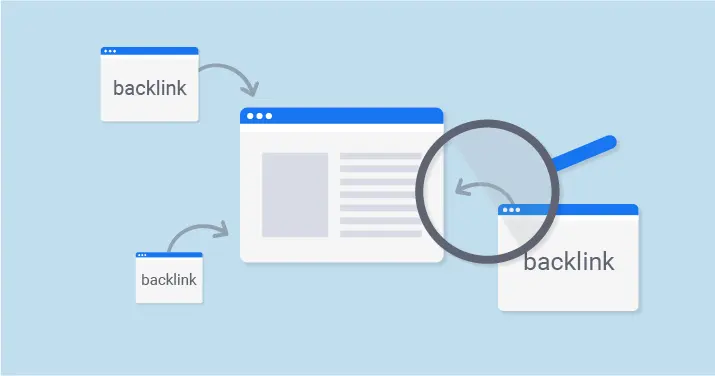
![Effective Steps to Build Natural Backlinks – [5 Steps]](https://elseo.us/wp-content/uploads/2022/06/backlinks-600x400.webp)
